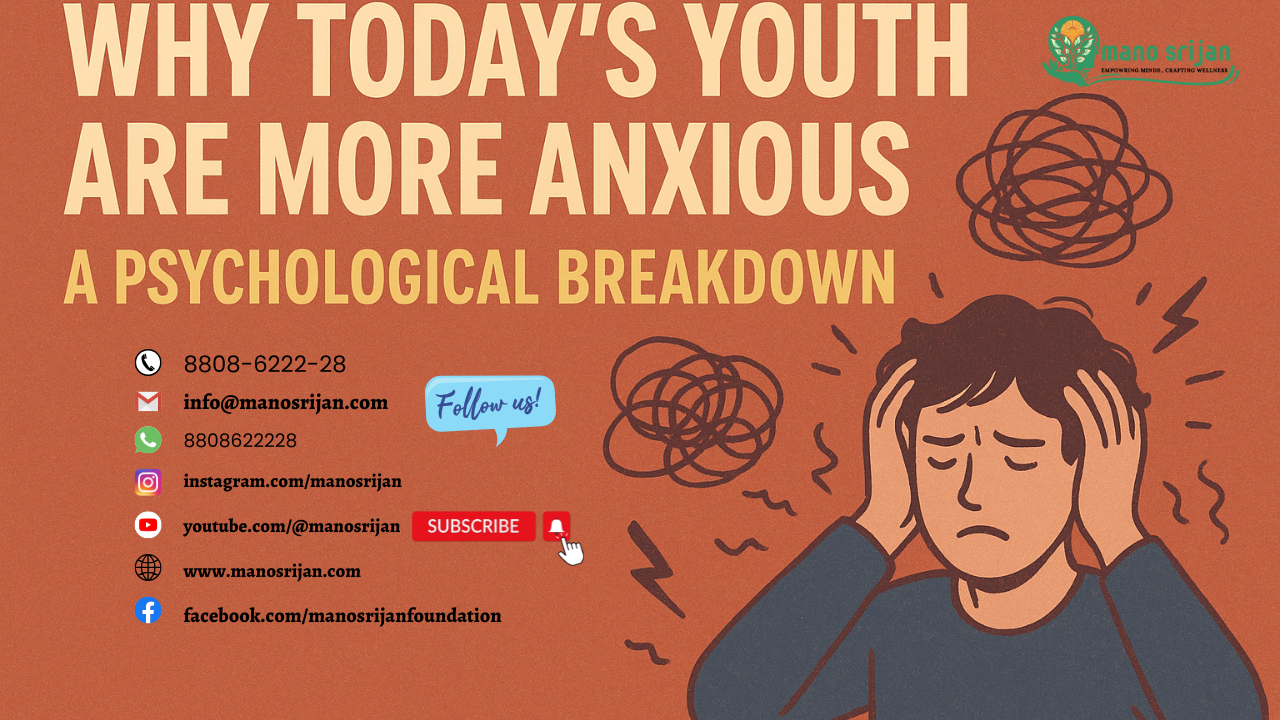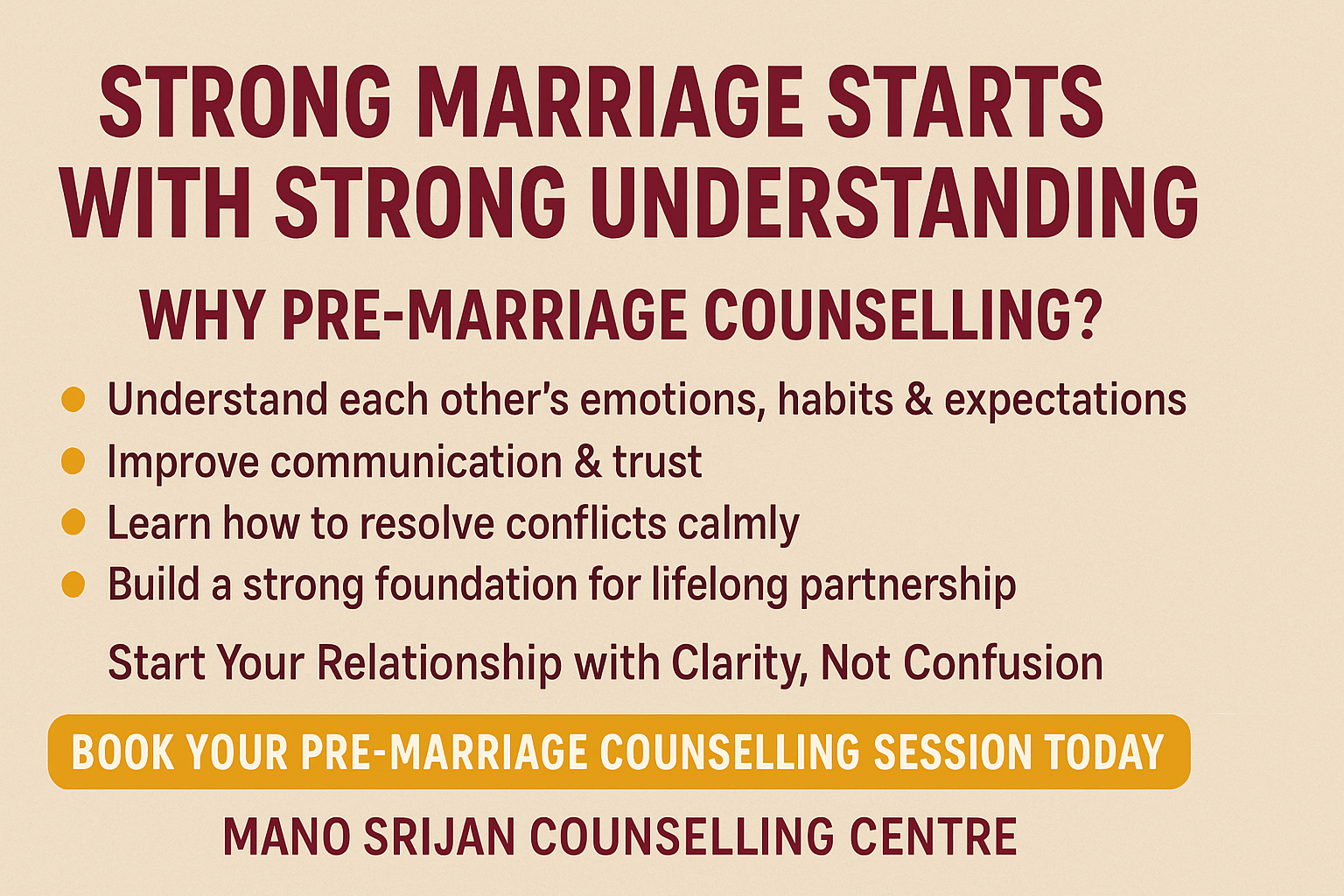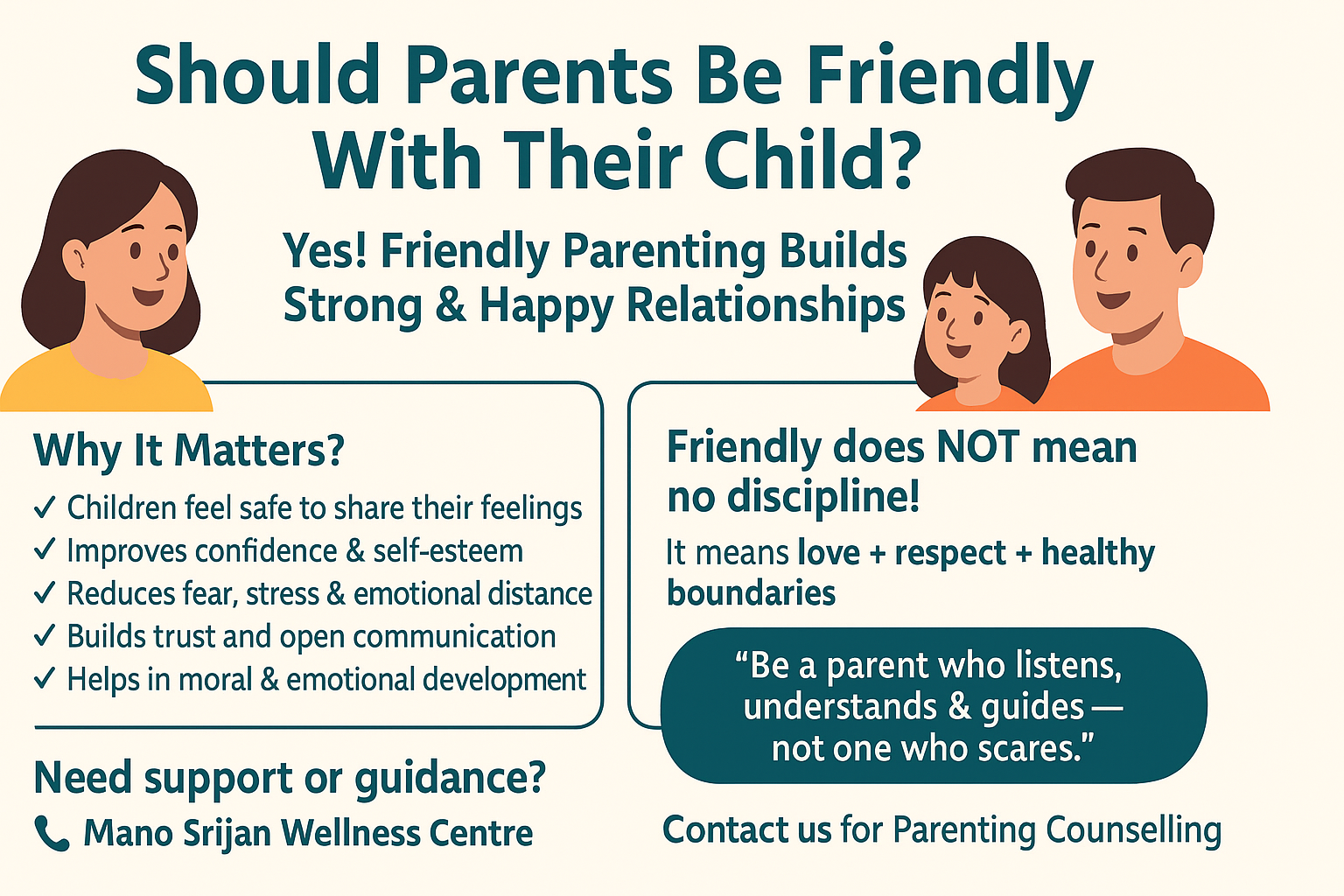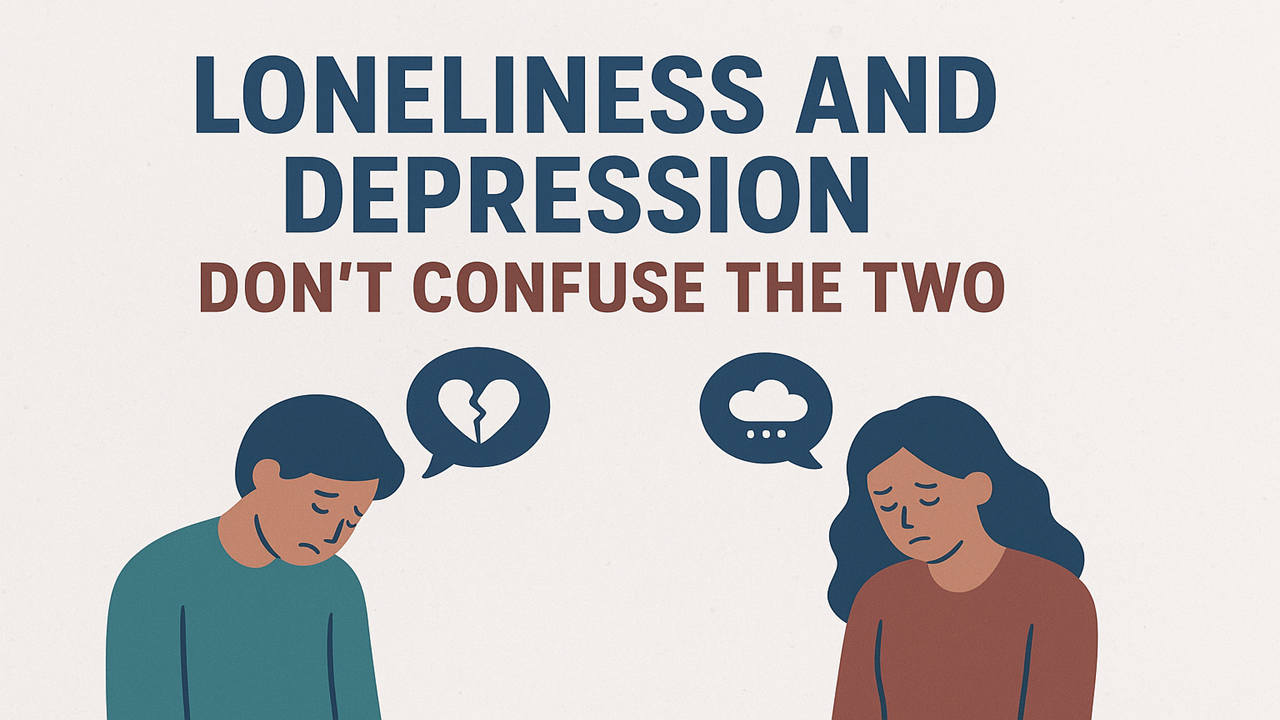
- 05 Jan 2025
- Psy. Ashish Pandey
How to choose Right Career
Choosing the right career is one of the most significant
decisions you’ll make in your life. It shapes not only your professional
journey but also your personal growth, happiness, and overall satisfaction.
With countless options and paths available, finding the perfect fit can feel
overwhelming. This guide will help you navigate the process step by step,
ensuring that your choice aligns with your passions, skills, and long-term
goals.
1. Understand Yourself
Self-awareness is the foundation of a successful career
choice. Take the time to evaluate your:
- Interests:
What activities, topics, or tasks excite you?
- Skills
and Strengths: What are you naturally good at? Consider both hard
skills (e.g., technical expertise) and soft skills (e.g., communication,
problem-solving).
- Values:
What matters most to you in a job? Examples include work-life balance,
financial security, creativity, or making a difference.
- Personality:
Are you an introvert or extrovert? Do you thrive in structured
environments or prefer flexibility?
2. Explore Career Options
Research is a critical step in narrowing down your choices.
Start by:
- Identifying
Potential Careers: Use tools like career assessment tests or
job-matching platforms to generate ideas.
- Learning
About Roles: Research job descriptions, required qualifications, and
typical day-to-day responsibilities.
- Understanding
Trends: Explore industries experiencing growth and the skills in
demand to future-proof your career.
- Networking:
Connect with professionals in fields of interest through informational
interviews or networking events to gain firsthand insights.
3. Consider Education and Training
Some careers may require specific qualifications,
certifications, or degrees. Determine:
- What’s
Required: Identify the educational paths or training programs needed
for your chosen field.
- Time
and Cost: Assess whether you’re willing and able to invest the
necessary time and resources.
- Alternative
Routes: Explore options like apprenticeships, online courses, or
bootcamps for more accessible pathways.
4. Evaluate Job Market Realities
While passion is important, practicality also plays a role.
Ask yourself:
- Are
There Opportunities? Research the demand for your chosen career in
your location or globally.
- What’s
the Earning Potential? Understand the salary range and growth
opportunities.
- Is
There Room for Growth? Consider whether the field offers advancement
opportunities.
5. Gain Experience
Hands-on experience can validate your interest and
suitability for a career. Ways to gain experience include:
- Internships:
Short-term work opportunities to explore roles and industries.
- Volunteering:
Gaining exposure while contributing to causes you care about.
- Freelancing
or Part-Time Work: Testing your skills in real-world scenarios.
- Job
Shadowing: Observing professionals in action to understand workplace
dynamics.
6. Seek Guidance
Don’t hesitate to ask for help. Consult:
- Career
Counselors: Professionals who can provide personalized advice and
assessments.
- Mentors:
Experienced individuals in your field of interest.
- Family
and Friends: People who know you well and can offer valuable
perspectives.
7. Make a Decision and Set Goals
After thorough exploration, narrow down your options and
choose a path. To stay focused:
- Set
Short- and Long-Term Goals: Break down your aspirations into
actionable steps.
- Create
a Plan: Develop a roadmap for acquiring the necessary skills,
experience, and qualifications.
- Be
Flexible: Remember, career paths can evolve over time. Stay open to new
opportunities and shifts in your interests.
8. Test and Adapt
Your first career choice doesn’t have to be permanent. Many
people pivot to new fields as they grow and learn. If your chosen path doesn’t
feel right:
- Reassess
Your Priorities: Reflect on what’s working and what’s not.
- Seek
New Opportunities: Explore related fields or entirely different
industries.
- Stay
Positive: Treat every experience as a learning opportunity.
Choosing the right career is a journey, not a one-time
decision. By combining self-reflection, research, and practical experience, you
can make informed choices that align with your aspirations and lifestyle.
Remember, it’s never too late to start again or pursue a new direction. With
persistence and an open mind, you’ll find a path that’s both fulfilling and
rewarding.






